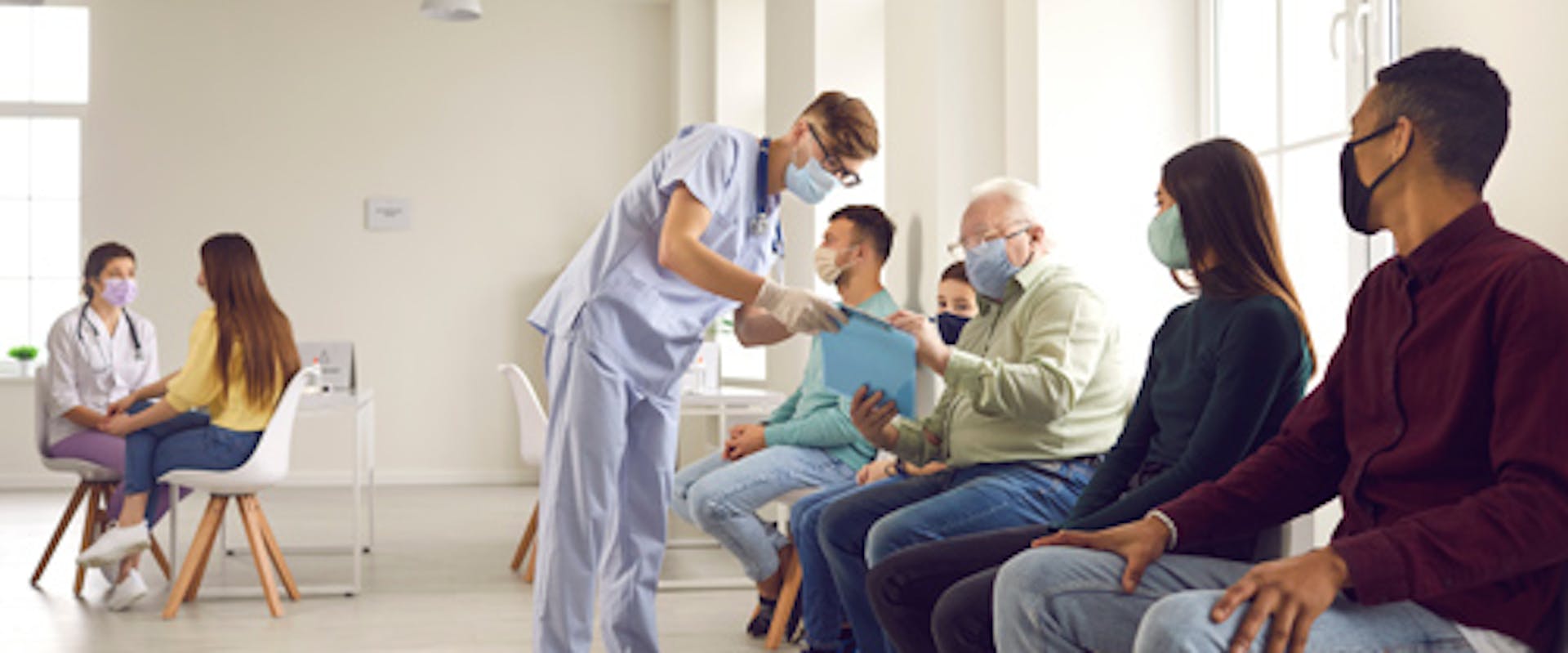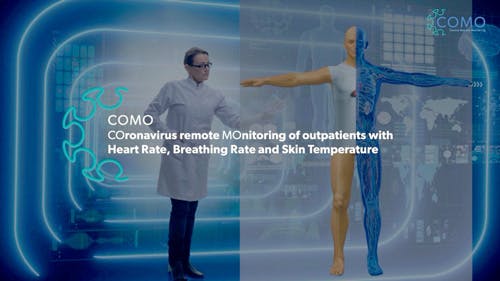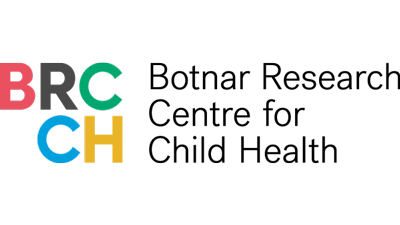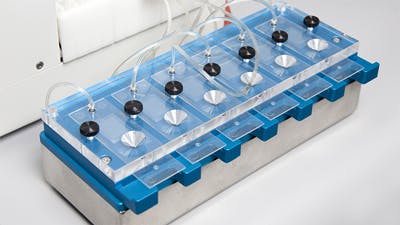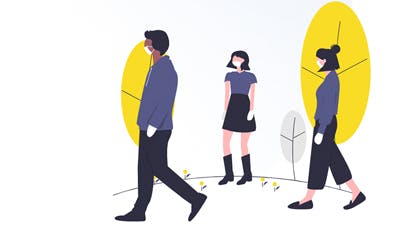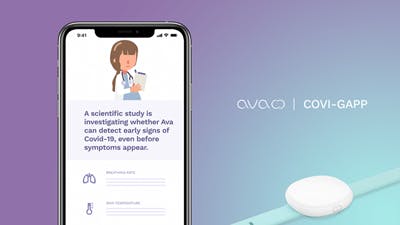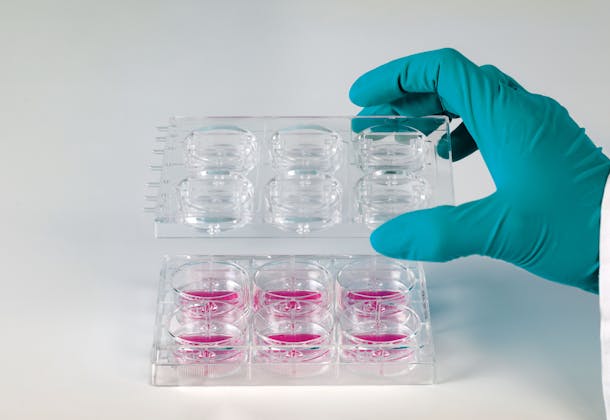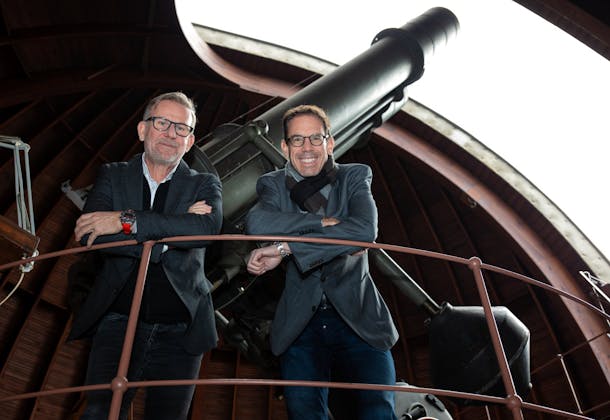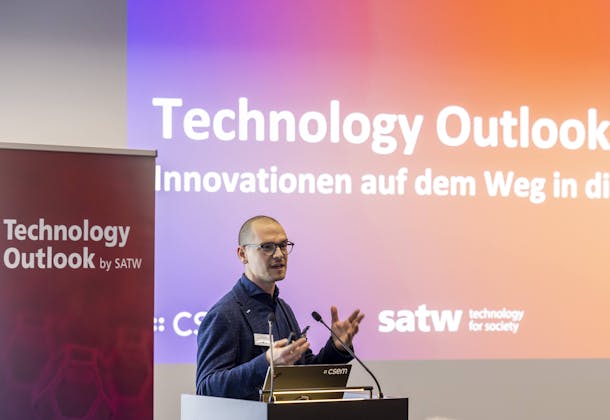AirViMo – Airborne virus monitoring
Detecting viruses in the air to prevent their spread is a major challenge but one which the company Stat Peel is tackling with the help of the CSEM and the Institute of Virology and Immunology, a Federal institute associated with the University of Bern, thanks to the support of Innosuisse, the Swiss Innovation Agency. Together they are developing “AirViMo”, an air sampler used to quantify the number of particles present in the air and to collect them to assess their harmfulness to humans, animals, or the environment.
“AirViMo can be placed in rooms where there is a risk of Covid-19 transmission – such as waiting rooms, recreation rooms in hospitals, EMS, nursing homes, offices, on public transport and in schools,” explains Rudolf Bieri, CEO of Stat Peel.
COMO – COronavirus remote MOnitoring of outpatients with heart rate, breathing rate and skin temperature
